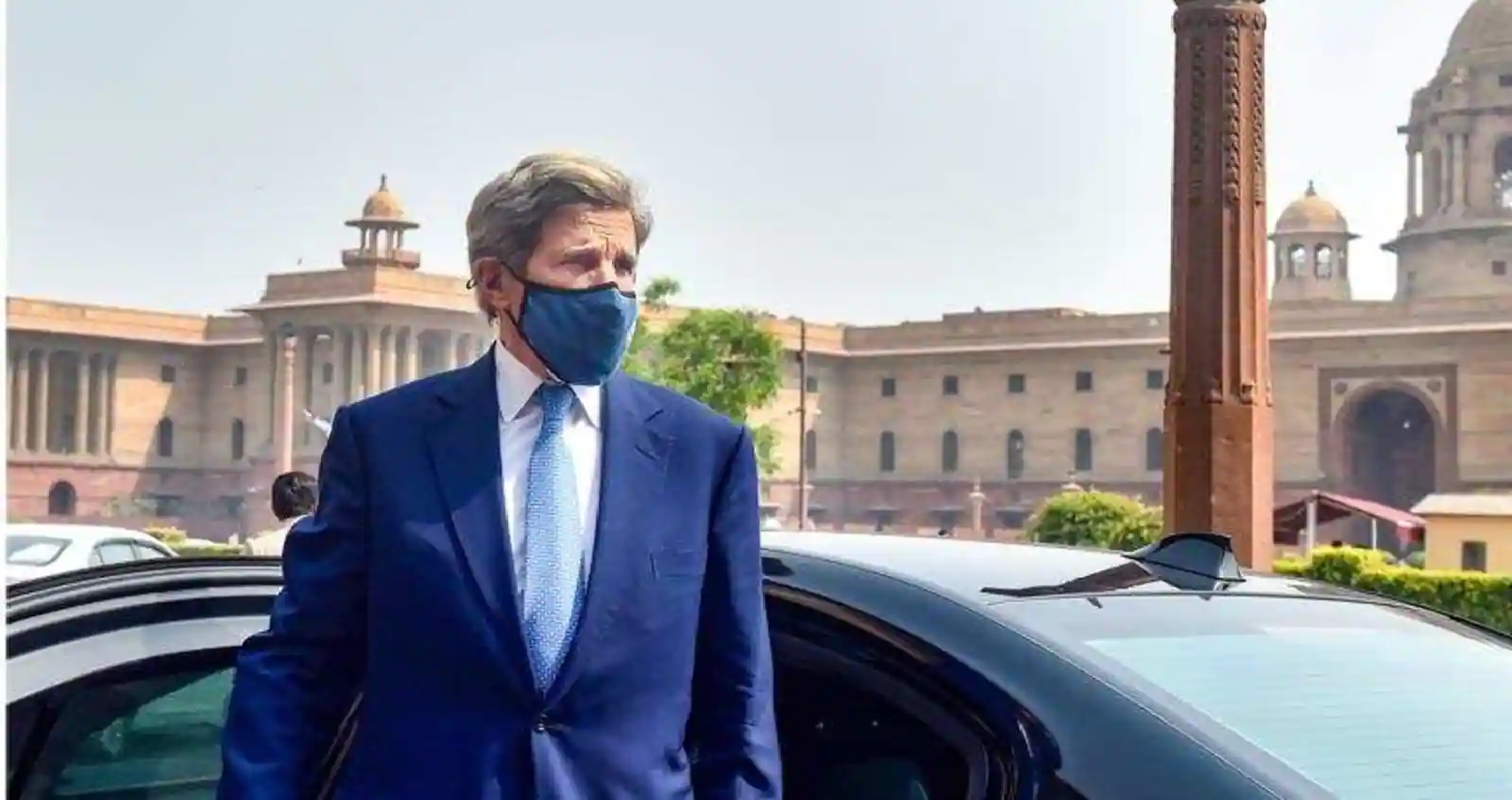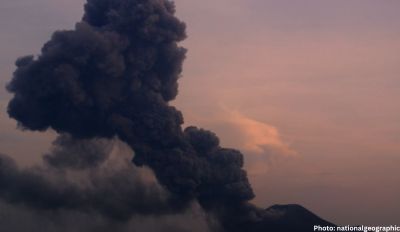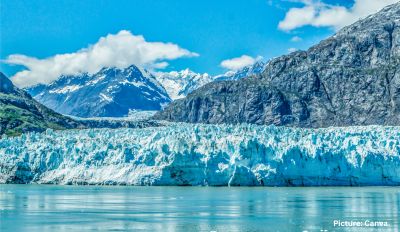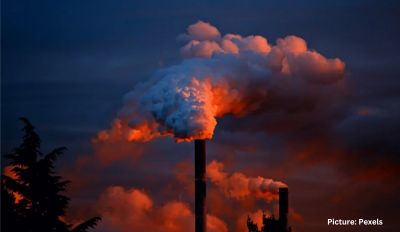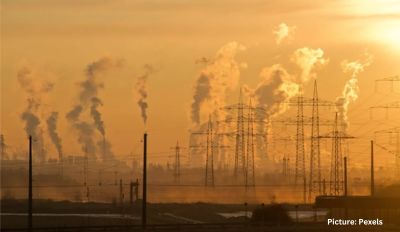India did not cause the climate crisis but it cannot be solved without that nation’s help, United States Climate Envoy John Kerry, who is visiting India this week for climate talks, is reported to be telling New Delhi. As one of the world’s largest economies and a global leader in science and innovation, India is a critical part of the solution to the climate crisis, Kerry understands the role India needs to play in combating Climate and Global Warning.
U.S. climate envoy John Kerry said he spoke with India’s Prime Minister Narendra Modi recently about how the United States could help mobilize finance to reduce risks in producing alternative energy in the fight against global warming.
Special Presidential Envoy for Climate Kerry said he spoke with Modi about bringing “concessionary finance” to the table to reduce India’s risks in dealing with first losses on the transition to clean energy. Concessionary finance typically involves loans on terms lower than market rates.
Then the United States could “bring more money to the table for a normal commercial investment that could quickly start producing alternative fuel,” said Kerry, speaking from New Delhi to an International Monetary Fund seminar. Kerry did not provide more specifics. Kerry met with Modi ahead of President Joe Biden’s hosting of 40 world leaders in a climate summit in Washington on April 22.
India is the world’s third biggest emitter of greenhouse gases after China and the United States, albeit with far lower emissions per capita than those countries. And it is under pressure from the United States and Britain to commit to a target of decarbonizing its economy by 2050.
Asked about the objective of the visit to India, a State Department spokesperson said, “We see India as an important partner on future clean energy research, development, and deployment, not least because of their successful domestic agenda in this area. A key focus for our administration is supporting and encouraging India’s decarburization efforts through clean, zero, and low-carbon investment, and supporting India in mitigating its fossil energy use.”
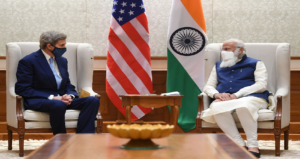 Indian government sources said the South Asian country was unlikely to bind itself to the 2050 goal as its energy demand was projected to grow more than that of any other country over the next two decades.
Indian government sources said the South Asian country was unlikely to bind itself to the 2050 goal as its energy demand was projected to grow more than that of any other country over the next two decades.
Kerry said China believes it may be able to bring its greenhouse gas emissions to a peak by 2025. But he said there was a risk that China’s emissions could plateau after that and not come down enough. China needs to continue to develop, Kerry said. “We’re not begrudging that, but what we want to do is work with China, and other countries, to make sure … it doesn’t buy into the mistakes that we made.”
On March 26, President Joe Biden announced that he had invited 40 world leaders to the Leaders Summit on Climate. During the summit, to be held virtually on April 22 and 23, the United States will announce an ambitious 2030 emissions target as its new Nationally Determined Contribution under the Paris Agreement.
In recent years, scientists have underscored the need to limit planetary warming to 1.5° Celsius in order to stave off the worst impacts of climate change. Stanford University Earth System Science Professor Rob Jackson, who is also senior fellow, Stanford Woods Institute for the Environment, said, India contributes 7 percent of global fossil carbon emissions, about two and a half billion tons per year. In contrast, the United States is responsible for about 15 percent of global fossil carbon dioxide emissions, about five billion tons a year. “Our per capita fossil carbon emissions are eight times higher than India’s. India’s emissions are still rising, including those from coal power. That’s one of many likely reasons John Kerry is visiting.”

